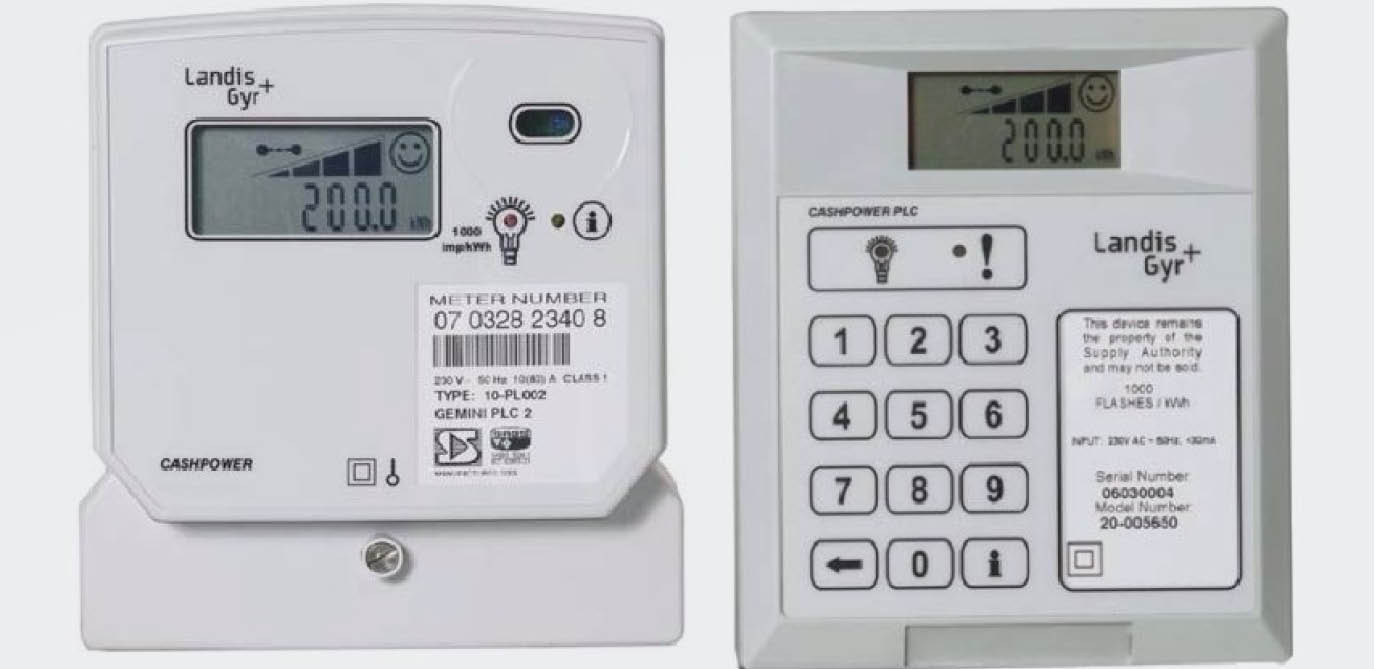The Ikeja Electricity Distribution Company (Ikeja Electric) said on Friday that it has commenced the rollout of Prepaid Meters under the National Mass Metering Programme, approved by the Federal Government.
Under the scheme, no fewer than 106,000 meters would be rolled out to consumers across its network, the firm said in a statement.
According to it, the programme is part of the federal government’s effort to further bridge the country’s metering gap and also cushion the effect of the Service Reflective Tariff on electricity consumers in Nigeria.
But spokesman of the firm, Mr. Felix Ofulue, in a chat with Daily Trust, explained that there would be a lot of focus on areas which are impacted by the Service Reflective Tariffs, saying the intervention is also meant to cushion the effect.
He added that this does not affect the ongoing Meter Asset Provider (MAP) scheme.
The statement explained that for the first phase of the programme, which will run till the end of the year, Ikeja Electric is rolling out over 106,000 prepaid meters to customers across its six Business Units comprising Ikeja, Abule-Egba, Akowonjo, Oshodi, Ikorodu and Shomolu.
“Beneficiaries of this programme, which will cut across all locations in IE network, will not be required to pay upfront for the installation of meters.
“Rather, the modalities of cost recovery for the meters will be clearly defined and communicated to the beneficiaries,” it explained.
The statement added that: “In line with this programme, Ikeja Electric Plc (IE) is committed to driving the roll out through a series of one-day metering initiative across different locations in its network.
“This metering initiative is designed to ensure a seamless metering process that allows customers to register and be metered on the same day after following due process.”
It added that the primary objective of the National Mass Metering Program is to increase the metering rate in the country and close the gap of unmetered customers.
“It is also expected that it will assist in reducing collection losses, while at the same time, increasing financial flows to achieve 100 percent market remittance obligation of the DisCos.
“Part of the objectives also include the elimination of arbitrary estimated billing, improving network monitoring capability and provision of data for market administration and investment decision-making.
“Apart from its job creation potentials in the Meter value chain, the program will further strengthen the local meter value chain by increasing local meter manufacturing, assembly and deployment capacity, all in support of Nigeria’s economic recovery plan,” the firm added.

 Join Daily Trust WhatsApp Community For Quick Access To News and Happenings Around You.
Join Daily Trust WhatsApp Community For Quick Access To News and Happenings Around You.


